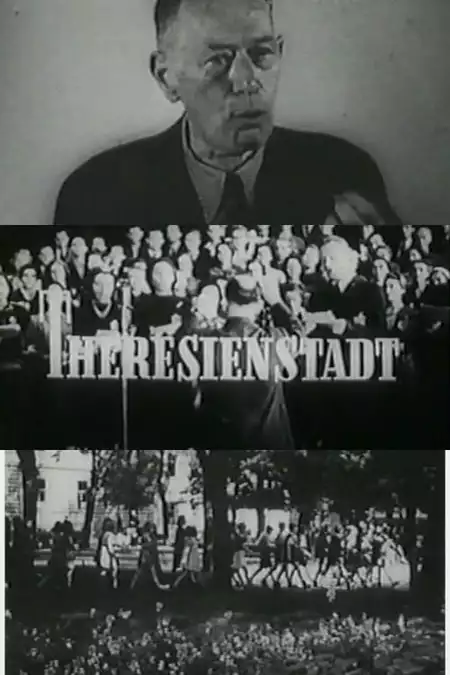Theresienstadt (1944)
January 1, 1944Release Date
Plot.
Where to Watch.
Cast & Crew.

Paul Eppstein
Vorsitzender des Ältestenrates der Juden / Soziologe - Mannheim - Berlin

Karel Fischer
Dirigent
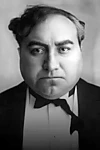
Kurt Gerron
Regisseur - Schauspieler / Director / Writer

Frau Görtz
Gräfin - Holland
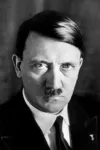
Adolf Hitler
Self (archive footage)

Hans Krása
Komponist - Prag
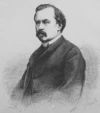
Alfred Meissner
Jurist - ehem. Minister - Tschechoslowakei

Benjamin Murmelstein
Self

Coco Schumann
Self

Jo Spier
Maler - Zeichner - Holland / Assistant Director / Graphic Designer

Manfred Greiffenhagen
Writer

Jindrich Weil
Writer

Josef Čepelák
Director of Photography

Ivan Frič
Director of Photography / Editor

Čeněk Zahradníček
Director of Photography

Karel Pečený
Production Manager / Director

Hans Hofer
Assistant Director
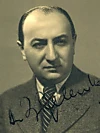
František Zelenka
Assistant Director

Josef Francek
Sound

Jaroslav Sechura
Sound

Benda Rosenwein
Assistant Camera
Details.
Wiki.
Theresienstadt. Ein Dokumentarfilm aus dem jüdischen Siedlungsgebiet ("Theresienstadt: A Documentary Film from the Jewish Settlement Area"), unofficially Der Führer schenkt den Juden eine Stadt ("The Führer Gives a City to the Jews"), is a black-and-white projected Nazi propaganda film. It was directed by the German Jewish prisoner Kurt Gerron and the Czech filmmaker Karel Pečený under close SS supervision in the Theresienstadt concentration camp, and edited by Pečený's company, Aktualita. Filmed mostly in the autumn of 1944, it was completed on 28 March 1945 and screened privately four times. After the war, the film was lost but about twenty minutes of footage was later rediscovered in various archives.
Unlike other Nazi propaganda films, which were under the control of Joseph Goebbels' Ministry of Propaganda, Theresienstadt was conceived and paid for by the Jewish Affairs department of the Protectorate of Bohemia and Moravia at the initiative of Hans Günther. The film, which displayed supposedly happy and healthy Jews, was part of a larger Nazi program to use Theresienstadt as a tool to discredit reports of the genocide of Jews reaching the Western Allies and neutral countries. However, it was not widely distributed and did not have the opportunity to influence public opinion.
You May Also Like.

Amaran (2024)

Pushpa 2 - The Rule (2024)

Pet Sematary: Bloodlines (2023)

The Painter (2024)
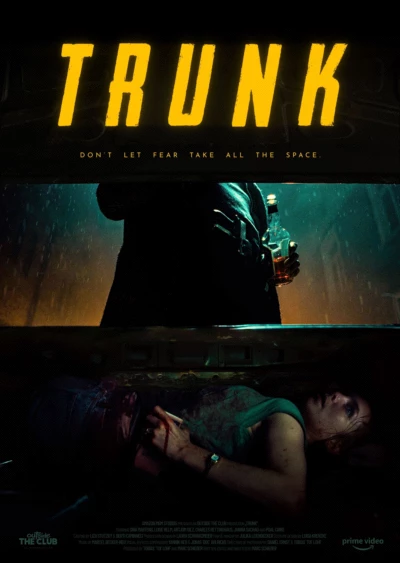
Trunk - Locked In (2023)

Apache Junction (2021)

The Yin Yang Master (2021)
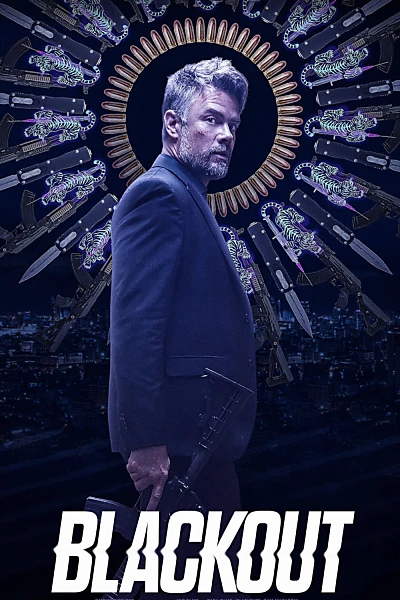
Blackout (2022)
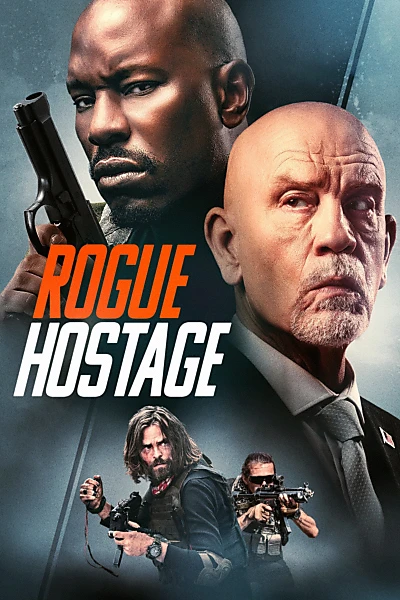
Rogue Hostage (2021)

Love at First Kiss (2023)

Mission «Sky» (2021)
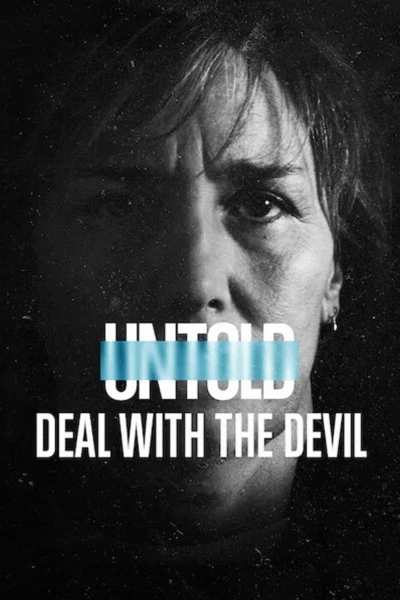
Untold: Deal with the Devil (2021)

The Duel (2023)
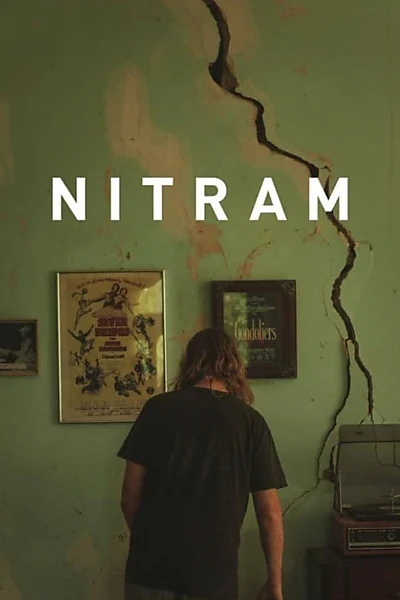
Nitram (2021)

Togo (2022)
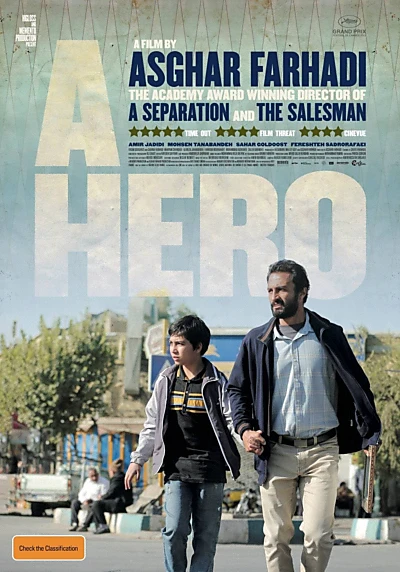
A Hero (2021)
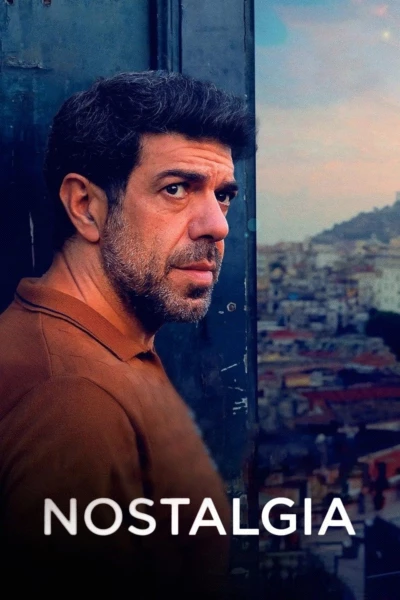
Nostalgia (2022)
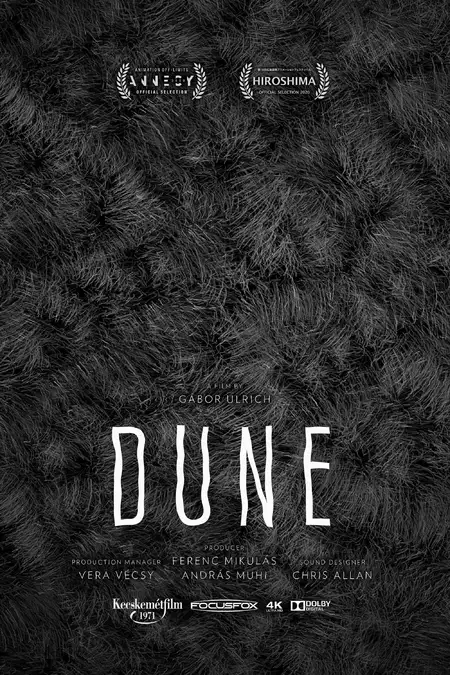
Dune (2020)
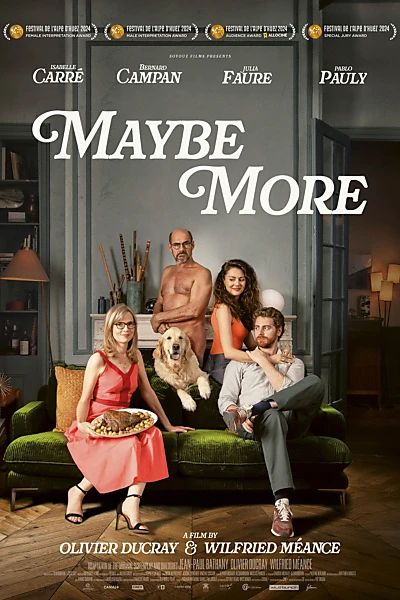
Maybe More (2024)


